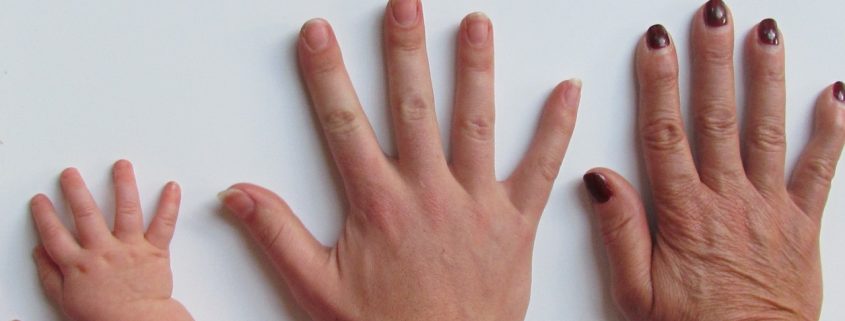Is it Ethical to Sell a Successful Family Business When You Have Children and Grandchildren?
I have been a business broker for 25 years, and after selling hundreds of businesses, I have some very strong feeling about successful business owners selling their businesses.
Story #1: Abe Michlin (my father) and his recycling business.
Dad died in November 2016 at 96 years old. His primary goal for the since 1980 was to turn the business over to one of the children or grandchildren. Which person that would be changed every few years. When I was in college, I thought it would be me. But by the time I was 27 years old, and my mother died, it became clear that I had bigger dreams then my dad. I left to become a buyer of foreclosure real estate, and make my first small fortune. My brother-in-law, Jerry came into the business along with Shana, my new step-sister. Jerry ran sales and production. Shana ran the office and handled anything dad needed to be done. Dad ran the business but on a part time basis. His new wife wanted dad to smell the roses and see that there was more to life then business. Dad loved business and regretted every retiring at all, even when he physically and mentally was forced to.
From 1980 to 2005 he planned his exit strategy.
Who would take over the business? Jerry died, Shana went to law school and dad was left without an executive to carry on. He then systematically tried to entice his other son-in-law and two of the many grandchildren to take over. In the end my younger sister and her older son, Noah Flom took over. My nephew never planned on being in the business, but when his mother demanded he help, he was committed.
The reason I bring this story up is that anyone in or out of the family that made decisions based on what my father said he would do, was doomed. Dad changed his mind based on who came and went working in the business. A non-family member would of never been seriously considered for take-over.
Story #2: Harry had a very profitable trucking company.
He had two sons in the business. The older one naturally had a senior position, being in the business longer. He liked the $500,000 a year salary but had no special talent for running the company. The younger son also worked in the business and was also paid $500,000 per year. Because he was the younger son,he had less experience, he held a less important position. Harry thought he would give #1 son the business and #2 son an equal value in other assets. Until Sam the Exit Strategist was brought in, no one understood that #2 son was the correct heir. He loved the business, and had better management skills than his older broker. Harry only saw a younger less experience son. When fathers are looking for family members to take over the business they usually totally forget about the younger grandchildren (Less than 20 years old) as possible successors. The best heir might only be 12 years old when grandpa is making his plans.
Story #3: Marvin owned a sheet metal company making over $500,000 per year.
Marvin tells me he wants to sell. I ask about the kids. His son-in-law is an attorney, his son is a financial planner and they have no interest in the business, they like being white collar professionals. I took the listing, as a business broker and found Marvin a buyer and sold the business for a lot of money. Uncle Sam appreciated my hard work. The buyer paid 75% down and Marvin carried a loan for 25%. I never had the discussion I wanted to have with Marvin. He made it very clear to me that his mind was made up and he was not interested in any advice.
My question to Marvin, that was never asked, but thought about for years was “Have your children ever worked in the business and do they make as much money as you do?” I know the answer to both questions was “no.” Marvin never said to his children.” You are making $200,000 per year and that is great, but the business is generating $600,000 profit per year and I think the business needs to be around for my grandchildren.
“Getting your children to give up their wonderful professional businesses for the family business is not an easy sale, but it takes a selling job.
What about that 10-year-old grandchild? If the business is sold, he will be left out of the decision process. My nephew, Noah was and probably still is making more money on his self-developed business. But in the long run. My father’s business will outpace anything Noah has done on his own, especially when my sister stops taking her cut out of the business. My dad always called his business “The goose that lays the golden eggs.” Having golden eggs by selling a family business is great, but wouldn’t you rather have the goose?








Leave a Reply
Want to join the discussion?Feel free to contribute!